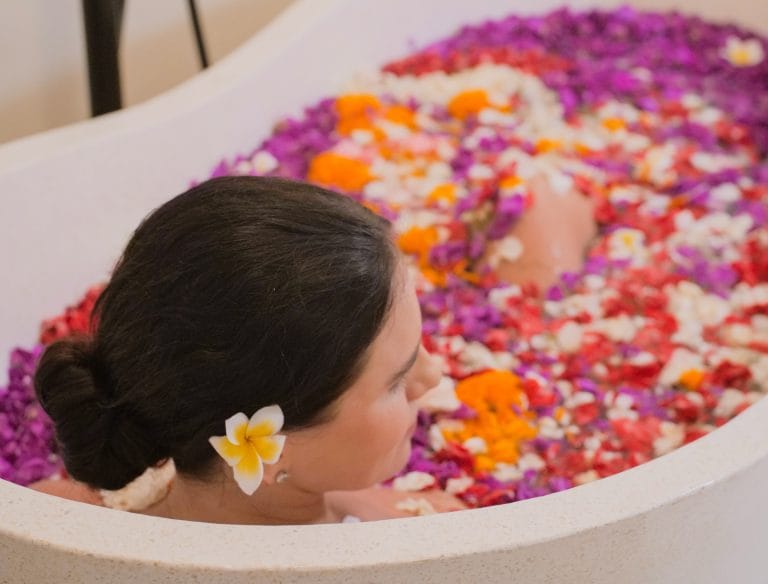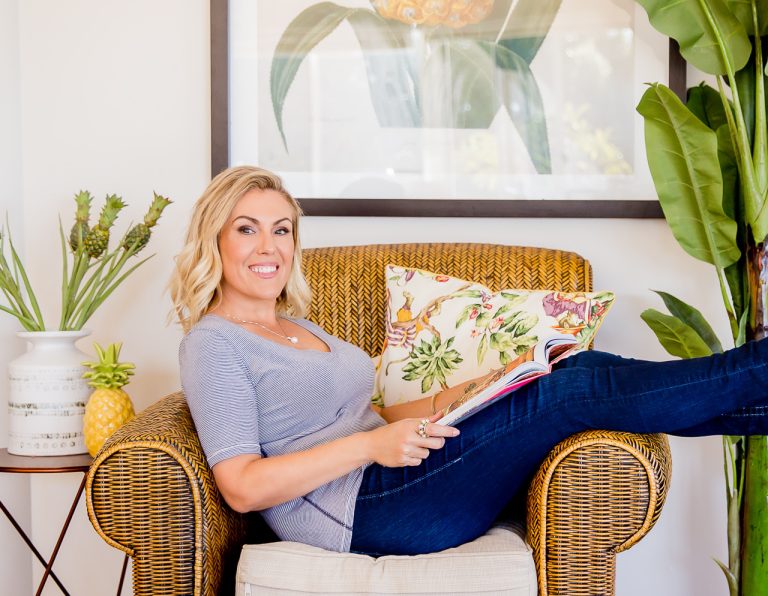By Chelsea Ross, Founder of Goddess Retreats
Emotional intelligence is one of those things everyone agrees is important, yet few of us have been taught how to actually build it. While often discussed in professional development circles, its true power lies in everyday life: how we relate to ourselves, how we move through challenges, how we communicate, and how we protect our peace.
And let’s be honest: emotional intelligence doesn’t always look impressive. It often shows up quietly, choosing presence over performance, clarity over chaos, and long-term growth over short-term gratification.
It’s subtle. It’s sacred. And it’s a skill you can absolutely cultivate.
This short quiz is not meant to be a test or a scorecard. It’s simply a self-awareness check-in—a way to reflect on how far you’ve come, and to strengthen the practices that support your continued emotional growth. Because the more emotionally intelligent you become, the more your life begins to feel like something you’re co-creating, not just surviving.
Let’s begin.

1. You Don’t Say Everything You Think—and That’s a Win
Emotionally intelligent women don’t speak less because they lack something to say. They speak more consciously because they understand the power of timing, tone, and silence.
You no longer feel the need to jump into every disagreement or prove your point in every conversation. You recognise when someone is reacting from their own story—and instead of getting pulled into it, you pause. You breathe. And you either respond with clarity, or not at all.
Awareness Check-In:
You’re in a conversation and someone casually invalidates your opinion. Do you:
- A) Launch into a defensive monologue
- B) Pause, then let the moment pass
- C) Take a breath and ask a clarifying question with curiosity
If you answered B or C, you’re already strengthening your emotional intelligence.
Practice:
When you feel triggered, try this phrase:
“Not everything that demands my energy deserves it.”
Repeat it before you respond. Notice how much clarity it creates.

2. You Stick to Your Healing, Even When It’s Not Sparkly
Healing can look glossy on Instagram, but in real life it’s far more repetitive. Emotionally intelligent women know this. They stop waiting to feel like healing, and instead build consistent practices that anchor their growth.
You begin choosing what nurtures your well-being over what satisfies your cravings. You say no to drama and yes to quiet. You give yourself what you need—not just what feels good in the moment.
Awareness Check-In:
You’re tempted to text someone you know isn’t good for your peace. Do you:
- A) Reach for your phone with a familiar ache
- B) Take a breath and journal about the feeling instead
- C) Call a friend who reminds you of who you’re becoming
If you chose B or C, your emotional intelligence is doing its job.
Practice:
Create a personal “recovery ritual” for moments when old patterns show up. It could be a playlist, a journal prompt, a bath, or calling your future self to mind. Let this ritual be your grounding before you respond from habit.

3. You Recognise That Emotions Are Energetic—and You Choose Yours Intentionally
One of the most powerful forms of emotional intelligence is recognising that emotions are contagious. What you project, others pick up—often unconsciously.
You begin to take responsibility for the energy you bring into a room. You pause to regulate before responding. You don’t allow someone else’s chaos to dictate your mood.
Awareness Check-In:
You walk into a meeting and the energy is heavy. Do you:
- A) Match it and complain with the crowd
- B) Stay grounded in your own calm
- C) Lighten the energy by speaking with clarity and kindness
If you answered B or C, you are using your emotional awareness to shift the energy around you.
Practice:
Start each morning with one question:
“What energy do I want to bring into the world today?”
Choose a word—focused, calm, open, joyful—and come back to it anytime your energy begins to drift.

4. You’ve Stopped Waiting for Others to Make You Feel Whole
This is the heart of emotional intelligence: owning your emotional experience. You no longer blame others for your discomfort. You no longer wait for validation or apology to move forward. You know how to meet your own emotions—and take responsibility for how you process them.
You’re not avoiding hard truths. You’re becoming more aware of the stories you tell yourself, and how those stories shape your reality.
Awareness Check-In:
You feel disappointed after a conversation. Do you:
- A) Ruminate and replay every word for hours
- B) Name what you’re feeling and reflect on what triggered it
- C) Offer yourself compassion and take care of your next need
If you answered B or C, your emotional intelligence is helping you stay centred and self-led.
Practice:
Each evening, reflect with these three questions:
- What emotion did I feel most often today?
- What helped me return to calm?
- What would I choose differently next time?
Writing your responses helps build clarity and emotional strength over time.
It’s about progress, not perfection
This isn’t about being perfect. It’s about being aware. The more you practice emotional intelligence, the more freedom you create. The freedom to choose your responses, protect your peace, and show up as the most grounded version of yourself.
You’ll start to notice that you don’t need to be right to feel confident. You don’t need constant validation to feel whole. You stop being swept away by every wave and start navigating your emotional life with presence and intention.
You’re not here to perform peace. You’re here to live it.
And the more you check in with your emotional intelligence, the more powerful, clear, and connected your life becomes.


























